The South African Bureau of Standards (SABS) was founded 80 years ago, September 1945. At the time, the massive post-war rebuilding effort by the major powers was
undertaken with growing recognition of the need to manufacture products to a common and agreed set of standards. Standardisation facilitated and enhanced
international trade, offering objective benchmarks to ensure minimum safety and performance integrity of products, and improve applicability across a range of national markets.
The smooth and successful currency transition from Pounds and Pennies to Rands and Cents was achieved under the guided hand of SABS, as was the switch from Imperial Gallons, Pounds and Miles to Metric Litres, Kilograms and Kilometers. The move to the metric system was initially estimated to take fifteen years.
SABS facilitated it successfully in just six years. South Africa was also the first country to lay down a national standard for radio receivers, and SABS developed the world's first performance standard for colour television sets - before TV had even been launched in South Africa. Through its long and distinguished history, SABS has boosted the competitiveness of local industry, has helped government to maintain orderly and well-regulated trade, and has become a trusted ally and protector of South African consumers
This has been achieved through the SABS core functions that encompass the development of standards, certification of systems and products, and the provision of testing, training, inspection and verification services.
SABS is a statutory body that was established in terms of the Standards Act, 1945 (Act No. 24 of 1945) and continues to operate in terms of the latest edition of the Standards Act, 2008 (Act No. 8 of 2008) as the national standardisation institution in South Africa, mandated to:
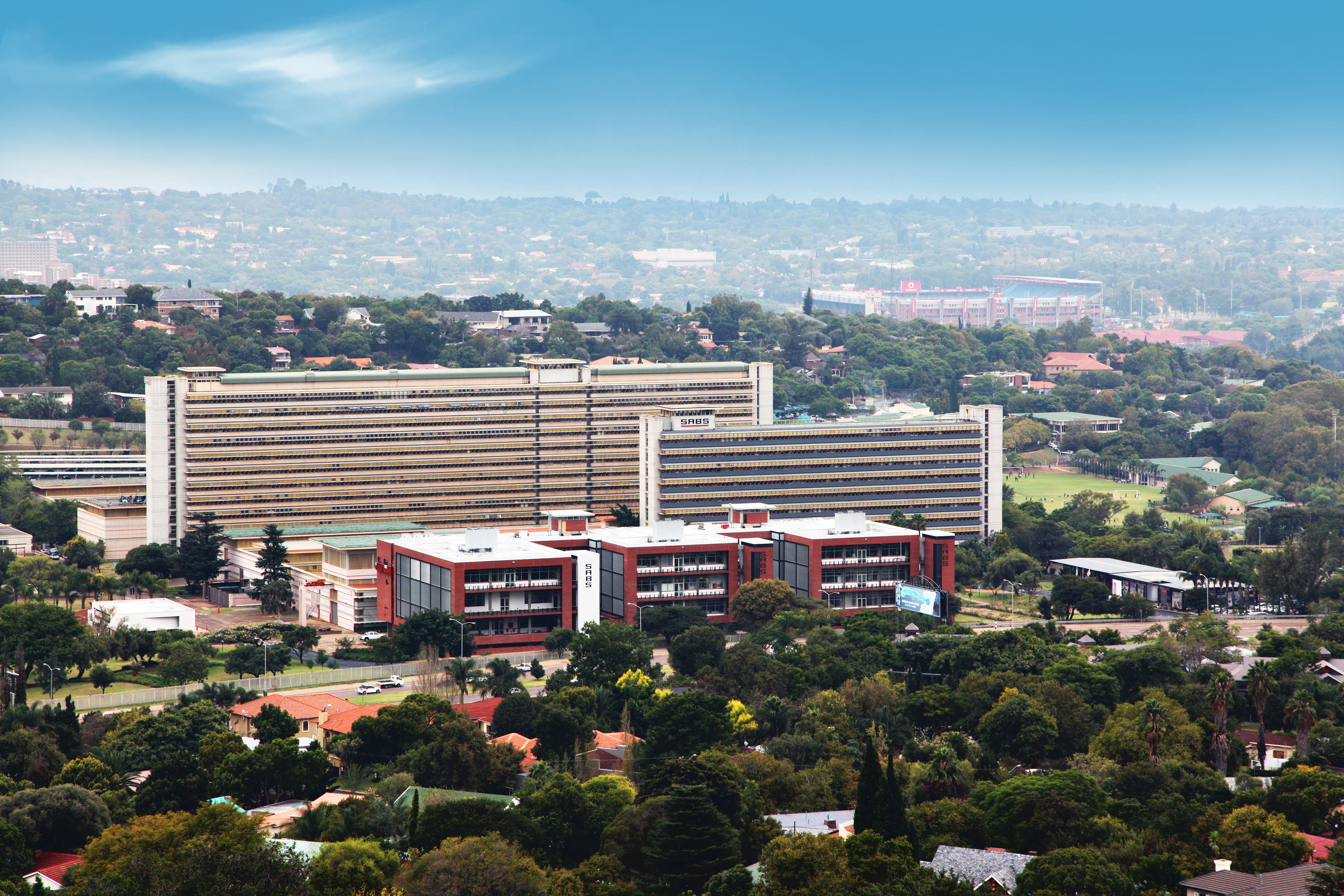
Standards and the methods used to assess conformity to standards are unquestionably critical to our national development and wellbeing. South Africa's technology infrastructure hinges on it, whether for industry and commerce, health and safety or the nation's economic performance.
Standards are everywhere and keep on playing an important role in the economy, by:
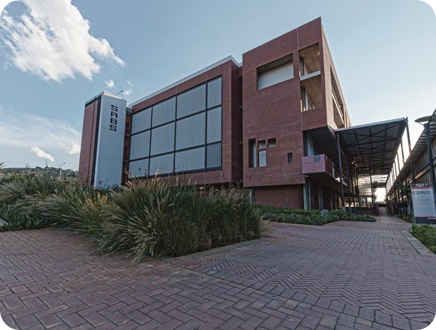
Standards form the basis for introduction of new technologies and innovations, as well as ensuring that products, components and services supplied by different companies will be mutually compatible.
Standardisation bridges the gap between research and the end market. Standards assist the transfer of research results to the local and international market. Every moment an innovation is developed into a product or system there is a need for a new standard or adjustment of existing standard to assure the quality is consistent. Certification of the product or system is there to ensure just that...Quality Assurance!
SABS is Accredited by the following Accreditation Bodies:

RvA = RAAD voor ACCREDITATIE
• ISO/IEC 17021 Accreditation (ISO 45001, ISO 22000 and FSSC)
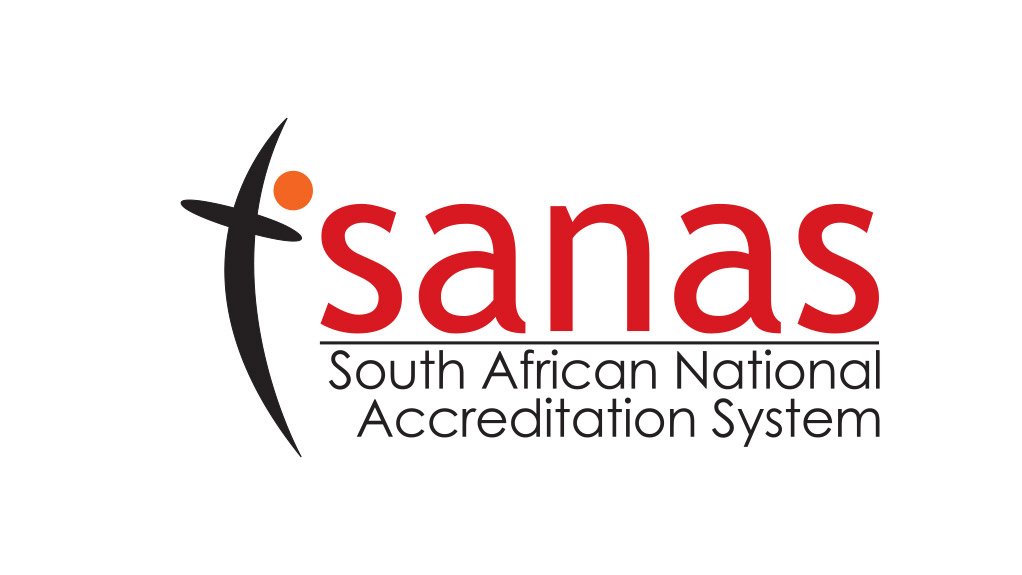
SANAS = South African National Accreditation System
• ISO/IEC 17065 & ISO 17021 (ISO 9001, ISO 22000, ISO 14001, ISO/IEC 27001, ISO 45001, ISO 50001, ISO 10330 and FSSC)
As a founder member of the International Organization for Standardization (ISO), SABS has built a reputation globally as a long-standing and widely respected role player in international standardisation, and the leading standardisation body in Africa.
Internationally, SABS has been a pioneer, working with the British Standards Institute to develop the forerunner to the current ISO 9000 global benchmark in quality management.
The South African Bureau of Standards is associated with various Regional and International Standards Bodies.
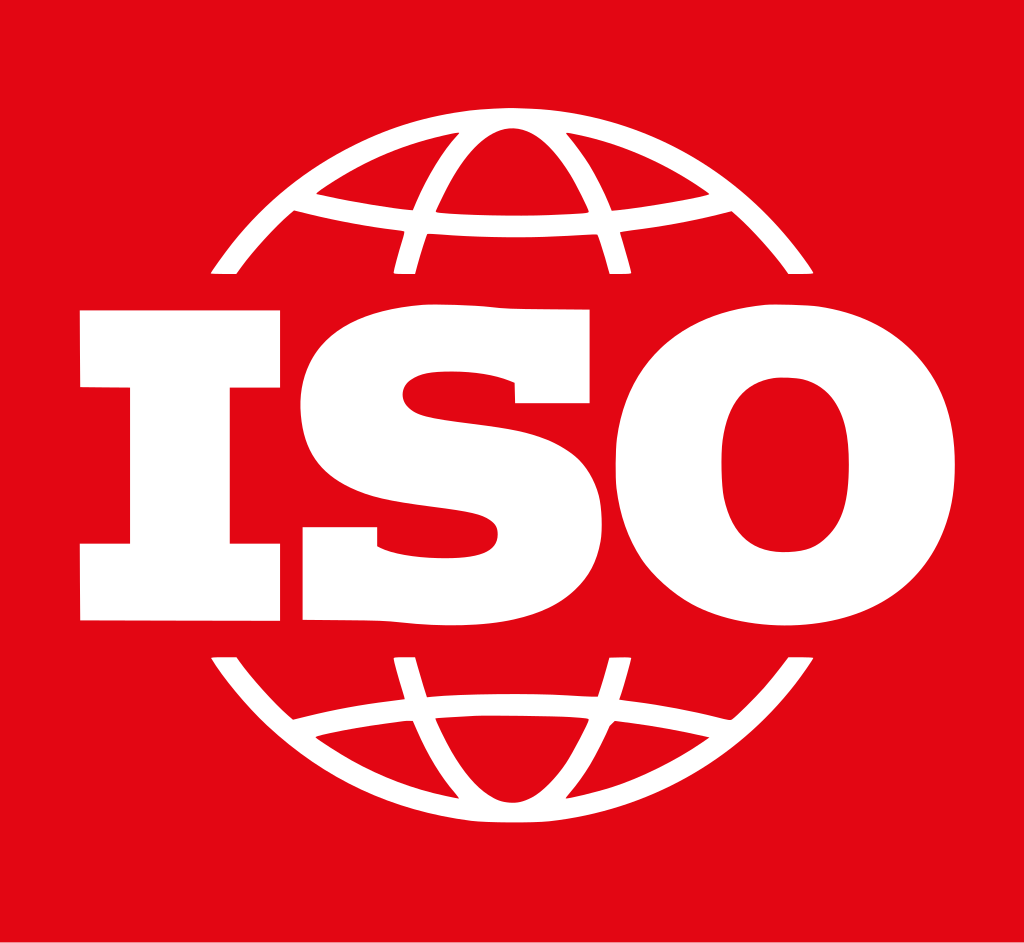
165 Member States
761 Technical Committees and SCs
Maintains more than 22,500 ISO Standards

164 Member States
134 Technical Committees and SCs
Maintains more than 9,000 IEC Standards
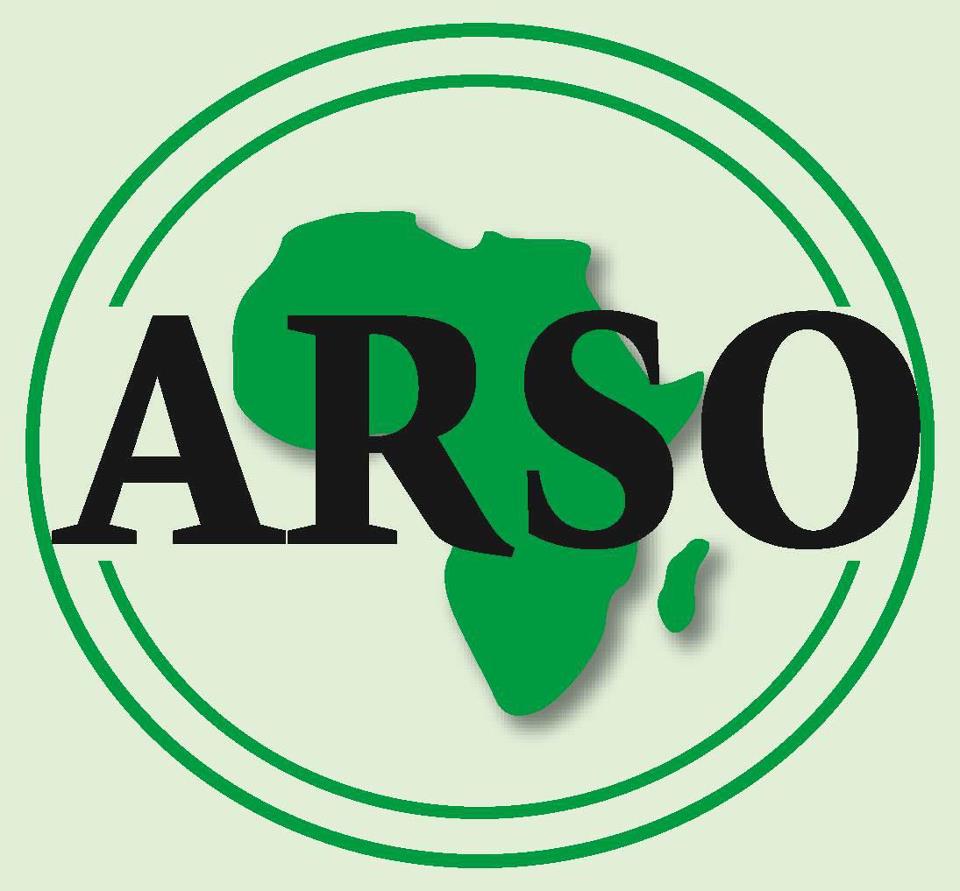
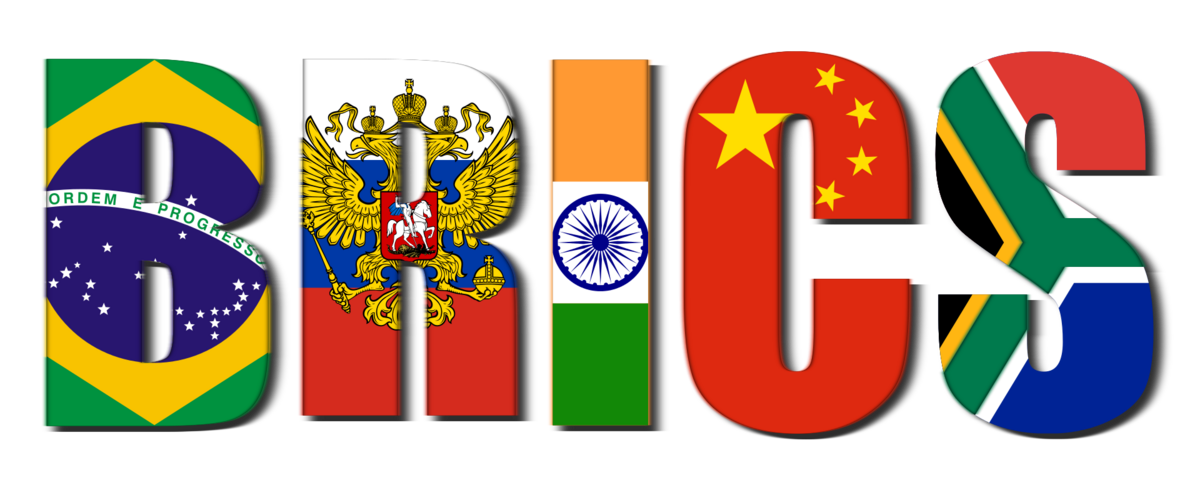

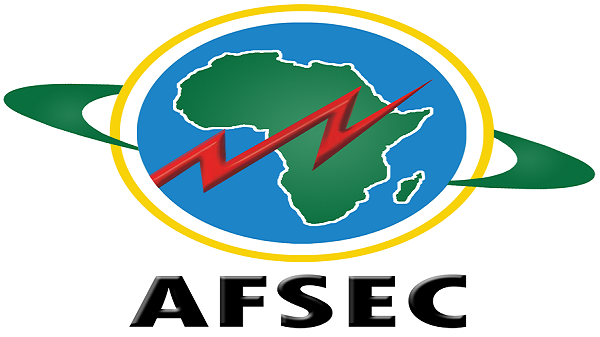
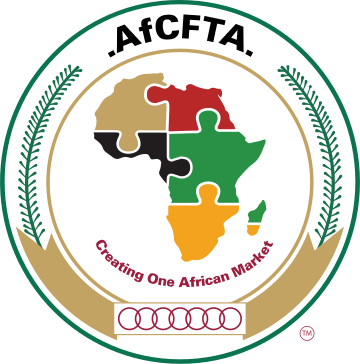


Collection of more than 7,600 South African National Standards (SANS)
Approximately 350 national standards published annually
Manage over 295 technical Committees with over 1,900 technical experts
